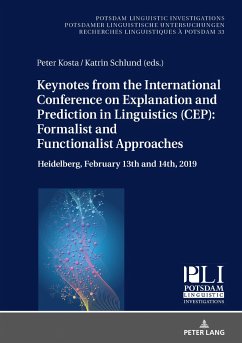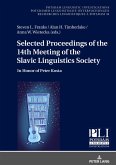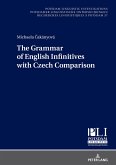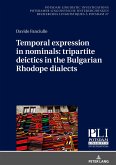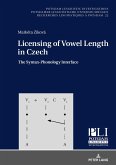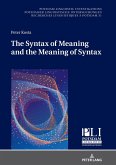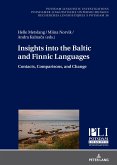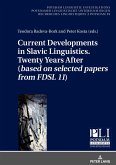Scientific insight is obtained through the processes of description, explanation, and prediction. Yet grammatical theory has seen a major divide regarding not only the methods of data eliciting and the kinds of data evaluated, but also with respect to the interpretation of these data, including the very notions of explanation and prediction themselves.
The editors of the volume organized a conference bringing together adherents of two major strands of grammatical theory illustrating this clash, traditionally grouped under the labels of formalist and functionalist theories. This book includes five keynote lectures given by internationally renowned experts. The keynotes offer insight into the current debate and show possibilities for exchange between these two major accounts of grammatical theory.
The editors of the volume organized a conference bringing together adherents of two major strands of grammatical theory illustrating this clash, traditionally grouped under the labels of formalist and functionalist theories. This book includes five keynote lectures given by internationally renowned experts. The keynotes offer insight into the current debate and show possibilities for exchange between these two major accounts of grammatical theory.

